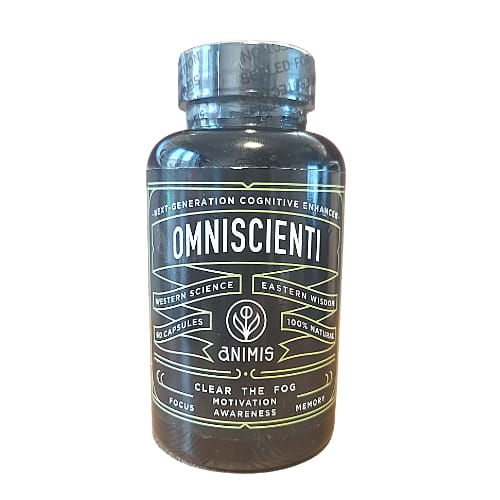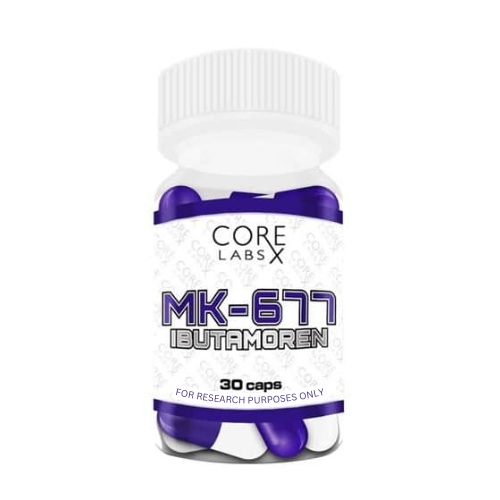
The Ultimate Phenibut User’s Manual: Dosage, Effects, and Safety
Phenibut, also known as β-phenyl-γ-aminobutyric acid, is a central nervous system depressant that is used to treat anxiety, insomnia, and other conditions. It was first developed in the 1960s in the Soviet Union and has since gained popularity in other countries. Phenibut is a derivative of the neurotransmitter GABA, known for its calming effects on the brain. It is believed to work by binding to GABA receptors in the brain, which helps to reduce anxiety and promote relaxation.
Phenibut is available in both prescription and over-the-counter forms and is often used as a supplement to help with sleep and anxiety. It is also sometimes used recreationally for its calming and euphoric effects. However, it is essential to note that phenibut can be habit-forming and should be used with caution.
Related Products
Phenibut is not approved for use in the United States by the Food and Drug Administration (FDA), but it is legal to purchase and possess for personal use. Using phenibut responsibly and following dosage guidelines is essential to avoid potential risks and side effects.
Dosage Guidelines for Phenibut
When using phenibut, starting with a low dose and gradually increasing as needed is essential. The recommended starting dose for phenibut is 250-500mg, taken once or twice daily. Taking phenibut on an empty stomach is best, as food can interfere with absorption.
It is important to note that phenibut can take several hours to take effect, so it is best to wait at least 4-6 hours before taking another dose. The maximum recommended daily dose of phenibut is 1,000-1,500mg, and it is not recommended to exceed this amount.
When using phenibut, it is also essential to be mindful of tolerance and dependence. Tolerance can develop quickly with regular use, so it is best to use phenibut as needed rather than daily. It is also essential to avoid using phenibut for extended periods, as this can increase the risk of dependence and withdrawal.
Potential Effects and Benefits of Phenibut
Phenibut has several potential effects and benefits, which is why it has gained popularity as a supplement for anxiety and sleep. Some of the potential effects of phenibut include reduced anxiety, improved mood, and enhanced sleep quality. It is also believed to have mild sedative and muscle-relaxing effects.
Many people report feeling more relaxed and at ease after taking phenibut, which can help manage stress and anxiety. Some people also find that phenibut helps them to fall asleep more quickly and improves the quality of their sleep.
Related Products
In addition to its calming effects, some people also report feeling more friendly and outgoing after taking phenibut. This can be helpful for people who struggle with social anxiety or shyness.
Risks and Side Effects of Phenibut Use
While phenibut can have potential benefits, it is also essential to be aware of the potential risks and side effects associated with its use. One of the main risks of phenibut use is the potential for tolerance, dependence, and withdrawal. Tolerance can develop quickly with regular use, meaning higher doses are needed to achieve the same effects. This can increase the risk of dependence and withdrawal if phenibut is used regularly or in high doses.
Some potential side effects of phenibut include drowsiness, dizziness, nausea, and headache. These side effects are more likely to occur at higher doses, so it is essential to start with a low dose and gradually increase as needed.
It is also essential to be aware of the potential for interactions with other substances when using phenibut. Phenibut should not be combined with alcohol or other central nervous system depressants, as this can increase the risk of respiratory depression and other serious side effects.
How to Safely Use Phenibut
To use phenibut safely, following dosage guidelines and using it responsibly is essential. It is best to start with a low dose and gradually increase as needed while being mindful of tolerance and dependence. It is also essential to avoid using phenibut for extended periods or in high doses, as this can increase the risk of dependence and withdrawal.
-
It is also essential to be mindful of potential interactions with other substances when using phenibut. Phenibut should not be combined with alcohol or other central nervous system depressants, as this can increase the risk of severe side effects.
It is also essential to be aware of the potential for withdrawal when using phenibut. If you have been using phenibut regularly and decide to stop, it is important to taper off gradually rather than stopping suddenly. This can help to reduce the severity of withdrawal symptoms and make the process more manageable.
Combining Phenibut with Other Substances
When using phenibut, it is essential to be mindful of potential interactions with other substances. Phenibut should not be combined with alcohol or other central nervous system depressants, as this can increase the risk of respiratory depression and other serious side effects.
It is also essential to be aware of potential interactions with medications when using phenibut. Phenibut may interact with certain medications, including antidepressants, antipsychotics, and benzodiazepines. It is essential to talk to your healthcare provider before using phenibut if you are taking any medications.
It is also essential to be mindful of potential interactions with other supplements when using phenibut. Phenibut may interact with other supplements with soothing effects, so it is best to use caution when combining phenibut with other supplements.
Tips for Managing Phenibut Withdrawal
If you have been using phenibut regularly and decide to stop, it is essential to be mindful of potential withdrawal symptoms. Some of the potential withdrawal symptoms associated with phenibut include anxiety, insomnia, irritability, and tremors.
To manage withdrawal symptoms, it is best to taper off gradually rather than stopping suddenly. This can help to reduce the severity of withdrawal symptoms and make the process more manageable. It may also be helpful to seek support from a healthcare provider or mental health professional if you are struggling with withdrawal symptoms.
-
Buy
In addition to gradually tapering off, engaging in healthy lifestyle practices that can support your overall well-being during withdrawal may be helpful. This may include regular exercise, eating a balanced diet, getting enough sleep, and practising stress-reducing techniques such as meditation or yoga.
In conclusion, while phenibut can have potential benefits for managing anxiety and sleep, it is essential to use it responsibly and be mindful of potential risks and side effects. By following dosage guidelines, being aware of potential interactions with other substances, and managing withdrawal symptoms effectively, it is possible to use phenibut safely and effectively. If you have any concerns about using phenibut or are struggling with withdrawal symptoms, it is essential to seek support from a healthcare provider or mental health professional
Check other posts

Maximize Your Workout Results: Pre-Workout, Post-Workout, and…
October 13th, 2024
Read more
Top Sports Supplements in the UK: What…
October 9th, 2024
Read more
Maximizing Your Workouts with Creatine: The Truth…
August 11th, 2024
Read moreWe use cookies to ensure that we give you the best experience on our website. If you continue to use this site we will assume that you are happy with it.
ACCEPT -








